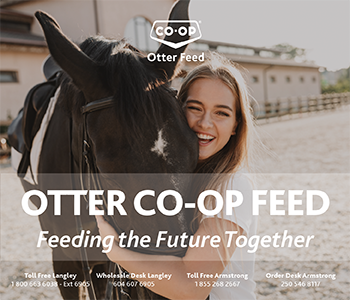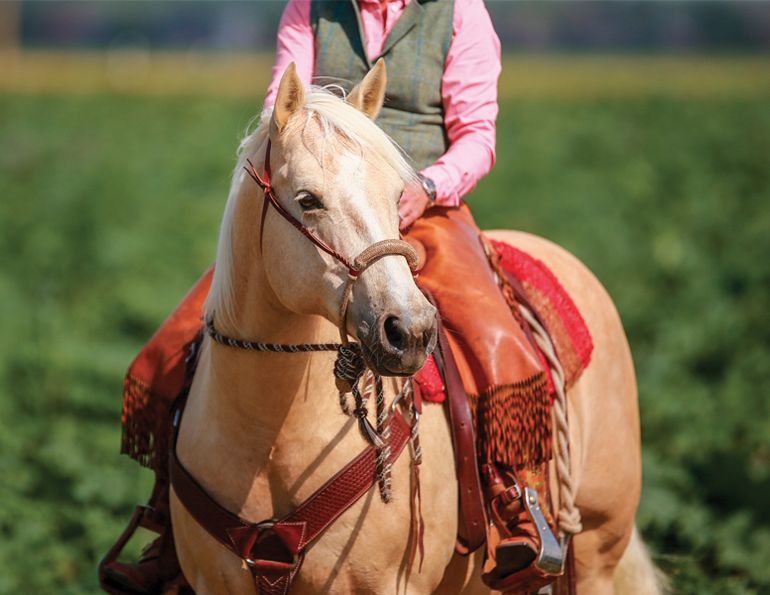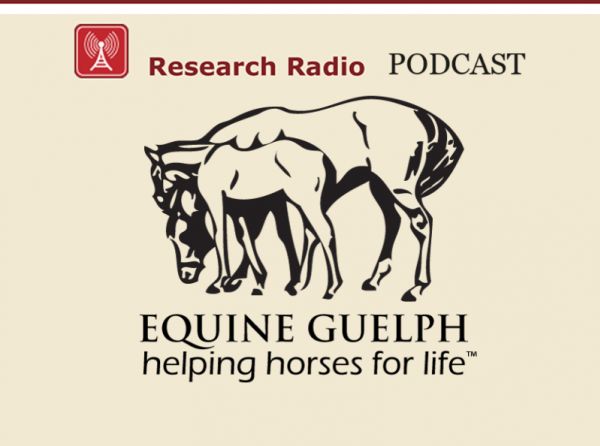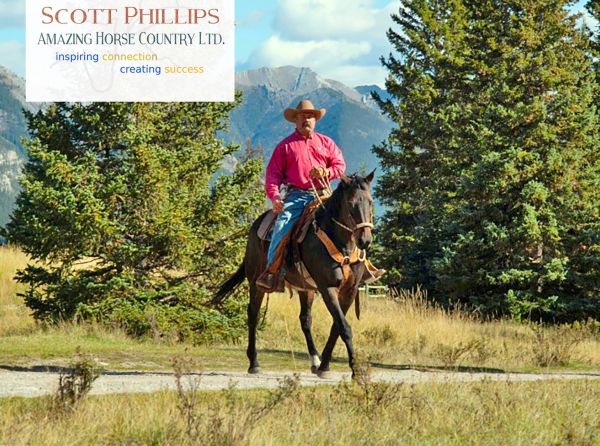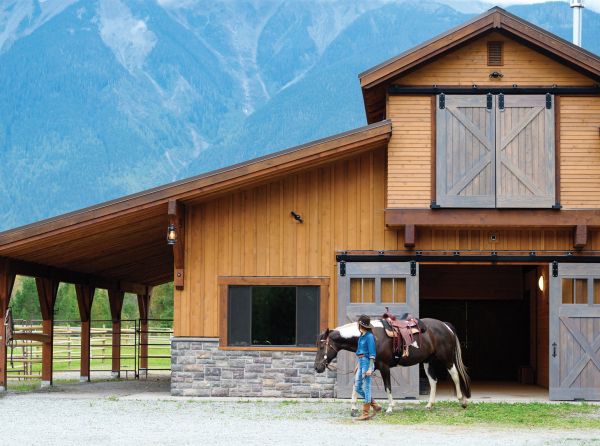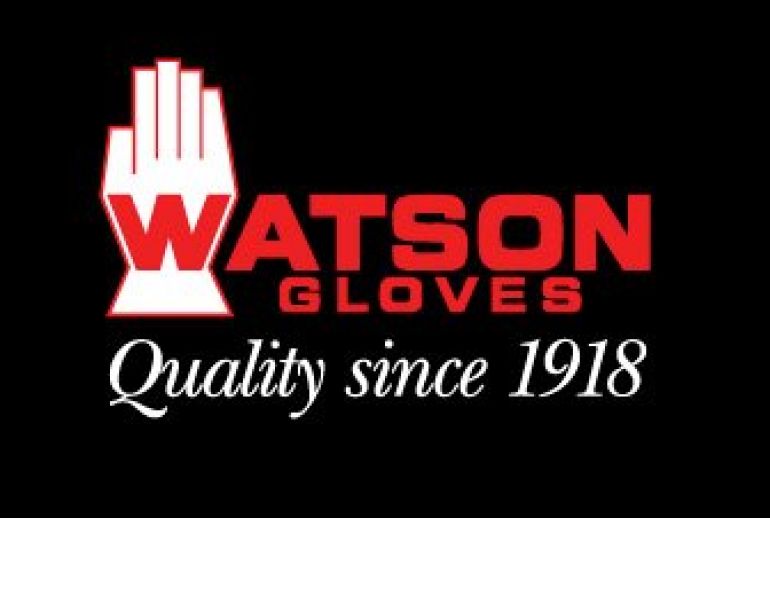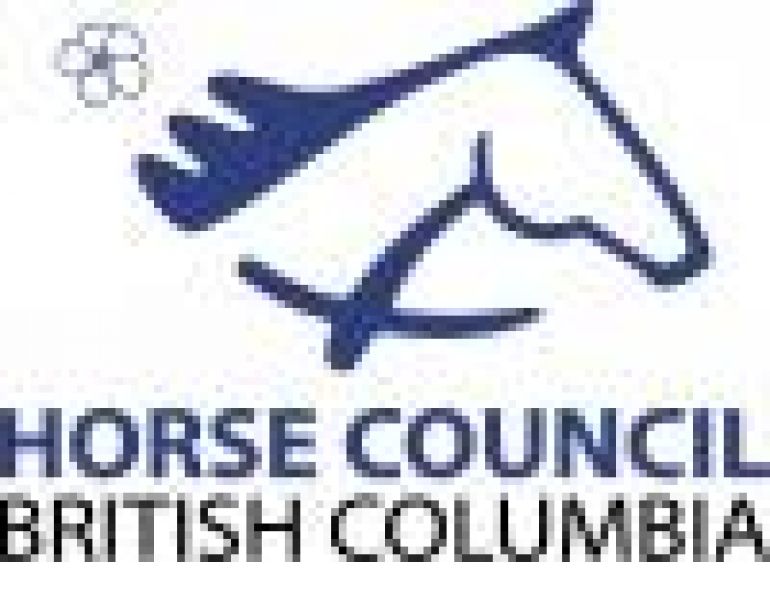By Annika McGivern, BA Psychology, MSc Sport and Exercise Psychology
Beliefs shape us. They are an essential part of the framework we use to understand ourselves and how the world works. They shape our perspectives and choices, and influence the very realities we create for ourselves. In short, they are an extremely important element of performance. And yet, because they exist at a subconscious level, we are rarely aware of their influence on our outcomes and success.
A belief usually starts as an idea. This idea is then reinforced through our experiences and the feedback we get from others, until it becomes something that feels essentially true about ourselves or about the world. An example would be the belief that most people are kind, or that most people only care about themselves. Our brains are designed to constantly make meaning of the events in our lives, and that meaning is assigned based on the framework of our beliefs. A rider who believes they are not talented enough may experience a fall, and take that fall to mean that they don’t have what it takes to compete at that level. In contrast, a rider who believes they are a good rider may experience a similar fall and just assume it means they need to practice their combinations more, or spend more time building a relationship with their horse. The first rider backs away from sport and tries less, so as not to risk further embarrassment. The second rider pushes on and seeks improvement. Over time, the second rider experiences far more success because of their consistent efforts to develop their skills. At the heart of these two different reactions lies opposing belief systems, one limiting, and one that helps us grow.

Everything you need to be successful as a rider can be broken down into skills you are capable of learning. Photo: Clix Photography
A limiting belief is a belief that holds us back from achieving our full potential — just by believing it. In our previous example, the first rider was limited by his belief that he was not a good rider because that belief influenced his reactions and choices and moved him away from pursuing his sport. The reality is that every single one of us holds certain beliefs that limit us in some way. As equestrians seeking mastery of a complex, risky, and rewarding sport, learning to identify limiting beliefs, challenge them, and invest in beliefs that support high-performance instead, is a hugely important element of our ability to be successful. We will now look at some common limiting beliefs among riders and the shift in perspective required to replace them with high-performance beliefs that will support our progress and success.
Limiting Belief Number One: I am not a good enough rider.
In my experience, this belief is remarkably common in equestrian sport. It comes from a variety of experiences, but once it takes up residence in a rider’s mind it can cause all sorts of problems. To challenge this belief, we must first decide what defines a “good” rider. Is a good rider someone who wins a lot of ribbons? Is it someone who doesn’t fall off? Is it someone who seems to easily ride every horse they come across? Or is it someone who has the “it” factor, that unidentifiable natural talent that seems to make their efforts different from yours? If we measure ourselves against these standards, we will constantly come up short. There will always be someone who wins more ribbons, falls off less often, or is further along in the process of developing their skills, therefore making our own current challenges look easy. We must build a more realistic measure of a good rider. In my opinion, a good rider is measured quite simply by their determination to keep learning, improving, and building rewarding partnerships with their horses.

Mistakes and failures do not define us; rather, they provide us with opportunities to learn and progress in our riding. Photo: Canstock/Pavel1964
So, take an honest look into your heart of hearts and think about how you may have defined a good rider in the past. The key is to build your own definition that is based on things you have control over. The effort applied to continuous learning and improvement is controlled completely by you, the rider, as opposed to show results or falls, which are largely outside of your control. Whatever you chose to build your “good” rider definition around, make sure it is under your control.
Limiting Belief Number Two: Mistakes and failures are bad and should be avoided at all costs.
Let’s face it, making mistakes and failing is not fun. I’m not suggesting that we all learn to love falling off, having a refusal, or being eliminated from a competition. However, our beliefs around what mistakes and failures mean are critical to our long-term success. A rider who believes that making a mistake means they don’t have enough talent, or that failing in competition means they don’t have what it takes to be a successful equestrian, will inevitably avoid challenging situations that put them at risk of things going wrong. They will do this because the experience of mistakes and failures becomes so difficult and personally upsetting that they subconsciously begin to avoid situations where they might have to face those feelings. This is a very normal, self-protecting response. There is nothing wrong with wanting to protect ourselves from those feelings, but in order to progress and move forward in our sport, we need to find a different way of doing that.

Think about how you have defined a good rider in the past, and build your new definition based on the things you can control. Photo: Dreamstime/Nadezda Murmakova
We need to believe that mistakes and failures are unavoidable and see them as fantastic learning opportunities. They still suck, but they give us valuable feedback about where we are at a certain point in time with our riding skills. We can’t prevent ourselves from making mistakes. Instead, we need to get good at finding the important lesson we can learn in each difficult experience. This belief takes the sting out of messing up because it doesn’t have to mean we aren’t good enough. It simply means we have more to learn. Riding horses, like any other challenging endeavour, can’t always be fun. Experiencing struggle is inevitable. It doesn’t mean we are in the wrong place or aren’t cut from the right cloth. It simply means we’re challenging ourselves and there is lots of learning and growing to be done.
Limiting Belief Number Three: I will continue to be the same way I have always been.
When we have reacted a certain way or experienced something frequently for a long time, we start to believe that it is part of who we are. We talk about these struggles as though they form part of our identity. For example: I am a really anxious rider, or I am really unlucky with horses, or I crumble under pressure at competitions. To change this, we must separate who we are as a rider from the experiences we have had in our lives up to this point, and not allow those experiences to define who we are.
Why is this so important? When we identify as someone who crumbles under pressure at competitions, we will almost begin to expect this experience and are far less likely to seek out ways to change or improve our ability to handle pressure. The two important beliefs we need to invest in instead are:
- Improvement and change are always possible; and,
- Absolutely everything involves specific skills that I am capable of learning.
When we add mental skills to our repertoire, we begin to see that managing anxiety, performing under pressure, and even shifting our experience of being “lucky” or not, are all related to tangible skills we can learn, practice, and master. Improvement and change are always possible.
So, let’s summarize the high-performance belief systems that we want to nurture within ourselves:
- I am a good rider because I work hard to learn and persevere with curiosity when things get hard.
- Failures and mistakes cannot define me.
- Failures and mistakes are important learning opportunities; there is always something for me to learn.
- Riding will not always be fun. My growth and greatest progress come from the struggle.
- I am always capable of growth and improvement.
- Everything that I need to be successful can be broken down into skills that I am capable of learning.
I encourage you to begin making these beliefs your own. How do you do that? I believe that everyone has a part of themselves that already believes these things. Unfortunately, we are often distracted from it by the loud voices of fear and discomfort. When we begin to develop our self awareness of both parts of ourselves, we can choose to act from our high-performance beliefs instead of from fear.
Put these beliefs up somewhere you can see them regularly as a reminder to go looking for that part of yourself. Seek out the part of yourself that is bold, brave, curious, trusting, and resourceful in the face of challenges, and practice letting that part of you take the lead.
Main Photo: iStock/LottaVess






